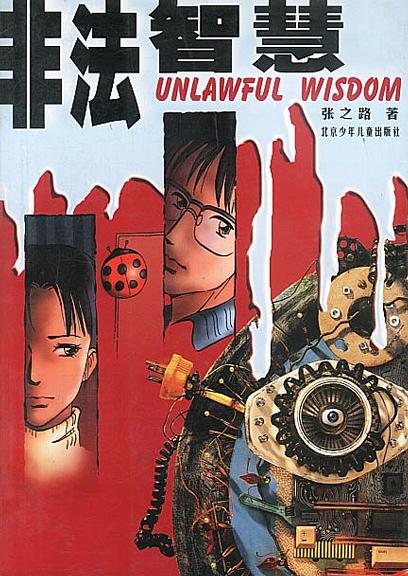马丁.路德.金的《我有一个梦想》写英语读书报告(即读后感)必须是英文的,500字?
网友回答
outh, but also to impoverished people around the world.
Martin Luther King Jr. is renowned for his significant contributions to the civil rights movement, advocating for equality and justice using nonviolent methods inspired by Mahatma Gandhi. While many are familiar with his famous "I Have a Dream" speech, it is important to recognize that he had two other dreams.
One of these dreams was reflected in his book, "Where Do We Go from Here: Chaos or Community?" published 40 years ago and now out of print. In this work, Dr. King outlined his vision for eradicating poverty and achieving a truly integrated society. He believed that we had the potential to eliminate poverty long ago but chose to invest our resources in the Iraq war instead. Dr. King's aim was not only to address civil rights but also to envision a society that embraced a more socialist approach, where everyone had equal opportunities and wealth was shared.
In 1967, Dr. King observed two significant turning points. Firstly, the nonviolent direct action approach he advocated for was proving successful in challenging the archaic segregation practices predominantly present in the southern states. However, he recognized that addressing poverty through a massive government program was the logical next step towards true liberation. Secondly, within the civil rights movement, a "black power" mindset was gaining traction, with some arguing for exclusion of white individuals and the abandonment of nonviolence. Dr. King firmly believed that this approach would only further divide our nation and have negative consequences, particularly for Black Americans.
He raised the crucial question of what African-Americans should do with the hard-won freedoms granted by laws like the Voting Rights Act of 1965. Dr. King emphasized the importance of all Americans, regardless of race, joining forces to combat poverty and create equal opportunities for all. He did not align himself with Marxism or doctrinaire socialism but advocated for a unified social movement that could work within both the Republican and Democratic parties, transcending political divisions.
Dr. King recognized that the riots in 1966 and onwards were a response to the harsh reality that African Americans faced, including the need for decent wages, quality education, and suitable housing. These were the initial goals of President Johnson's administration, which were unattainable without the creation of meaningful jobs, improved education, and a sustained effort to confront and dismantle racism within American society. Dr. King argued for a transformation in capitalism itself, making it more inclusive, while criticizing the detrimental impact of American militarism on both the nation's youth and impoverished communities worldwide.
In summary, Martin Luther King Jr.'s dream extended beyond civil rights activism. He envisioned a society free from poverty and inequality, emphasizing the need for unity, a socialist-leaning approach to wealth distribution, and the importance of addressing systemic racism and militarism. His ideas guide us towards building a more just and equitable world for all.

风吹麦浪 2023-06-23 13:41:59
1
0
相关推荐
萤火谷的梦想家
艾莉森•麦吉出生于1960年,是美国《纽约时报》畅销书作家,同时也是大都会州立大学创意写作课的教授。她的作品被翻译成20多种语言并出版,也曾被提名普利策奖,并获得苏斯博士奖金奖、克里斯托弗图书奖、美国 [美]艾莉森•麦吉/[美]克里斯托弗•丹尼斯/绘 2023-03-27 16:50:25鬼马女神捕1·绝密卧底(上)
腹黑凤凰vs毒舌鸡妖——蓝翎:“小姬,跟我去人界吧!”姬十四:“干吗?让人宰了我做小鸡炖蘑菇吗?”蓝翎:“不啊,让妖怪宰了你做小鸡炖蘑菇更气派。”凤凰蓝翎和鸡妖姬十四生活在无忧无虑的灵界。他们的故乡叫 郝天晓 2023-04-17 00:22:47© 2023-2025 百科书库. All Rights Reserved.












我来回答